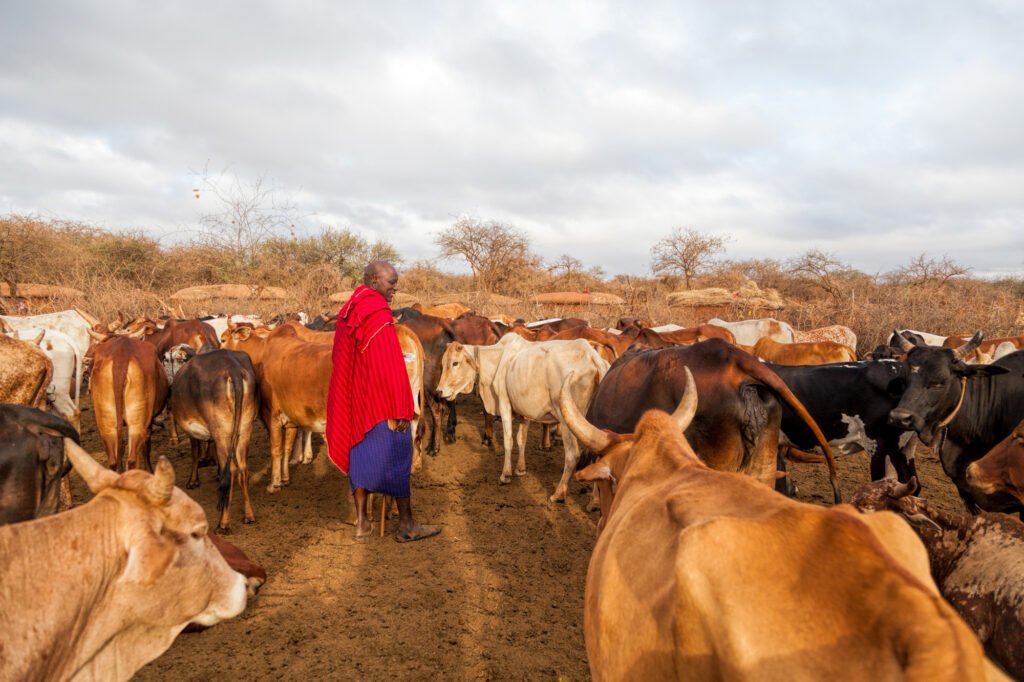The livestock sector, which contributes 12–14% of GDP, remains a cornerstone of the national economy, yet its full potential is largely untapped. Despite its critical role in livelihoods and food security, challenges such as underfunded rangelands, inadequate veterinary services, and fragmented market access continue to hinder growth.
However, a transformative shift is underway as Public-Private Partnerships (PPPs) emerge as a game-changer, offering innovative solutions to modernise the sector, enhance commercialisation, and drive sustainable economic transformation.
Recognising this opportunity, the African Pastoral Markets Development (APMD) Platform — under the African Union-Interafrican Bureau for Animal Resources (AU-IBAR) — recently conducted a comprehensive evaluation of Kenya’s PPP policy frameworks to assess their adaptability in boosting livestock investments.
According to Dr Christopher Wanga, Director of Policy and Research at the State Department for Livestock Development, during a recent AU-IBAR validation workshop, the country is committed to revitalising the sector through strategic investments, including the development of a national livestock marketing plan to guide targeted funding.
The Public-Private Partnerships Act, 2021, marks a significant milestone, replacing the 2013 framework with progressive reforms designed to accelerate private sector participation beyond traditional infrastructure projects.
The updated legislation expands eligibility to agriculture, livestock, and social services, introduces centralised governance under a dedicated PPP Directorate, and simplifies approval processes to minimise bureaucratic bottlenecks.
Additionally, it provides clear risk-sharing mechanisms between government and private entities, fostering a more conducive environment for investment. Complementing this legal framework, Kenya’s Draft PPP Policy (2023) prioritises agri-value chains, market access, and rural transformation, aligning with broader economic goals.
However, while there is progress, successful PPP implementation in the livestock sector requires tailored approaches that consider the unique dynamics of pastoralism, seasonal production cycles, livestock mobility, and climate-related risks.
According to the AU-IBAR report, community-centred policies are essential to ensure that PPP projects incorporate local knowledge, land-use traditions, and gender inclusivity to safeguard pastoralist communities.
A critical finding from the report is the need for stronger county-level capacity in structuring and managing PPPs, given that devolved governments oversee livestock services.
Strengthening intergovernmental coordination and establishing transparent revenue-sharing models will be essential to attract private investment, particularly in Arid and Semi-Arid Lands (ASALs), where pastoralism dominates.
To mitigate financial risks, the study advocates for blended financing mechanisms that combine public grants, concessional loans, and private equity, as encouraged under Kenya’s PPP policy.
Additionally, the report highlights best practices to ensure sustainable and inclusive livestock PPPs, including rigorous feasibility studies, digital monitoring tools for transparency, and climate-resilient contract terms.
Stakeholders also emphasised the importance of mapping investor priorities and refining business models to present compelling value-for-money propositions that attract private capital. Bridging the gap between policy and practice can help Kenya harness the full potential of its livestock sector, driving economic resilience, job creation, and food security for millions.
The journey toward a modernised, commercially viable livestock industry has begun — and strategic PPPs will clearly be at the heart of this transformation.


